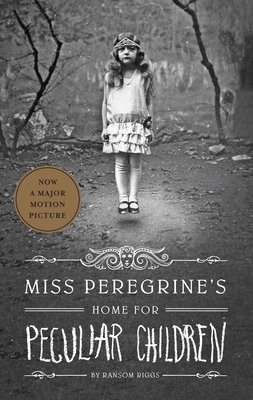
Today, Vivian, we are going to wrestle with a complex part of the human psyche. In our plots, we try to make the story conform to what a rational person would do, but the truth is that given the right circumstances, motivation, and perception, anyone is capable of anything. Would you help us to understand this concept?
Vivian –
Circumstances refers to options and constraints.
Motivation refers to what drives the person.
Perception is what the person thinks is going on.
All of these offer writers lots of room for making anything happen—believably.
Fiona –
Can you describe the famous Zimbardo prison experiment to give context?
Vivian –
The Zimbardo prison experiment is classic! Here’s a quick and dirty overview that hits the highpoints:
The basic question was whether ordinary people would/could be as cruel as Nazi concentration camp guards, or whether the Nazis were truly aberrant.
So they advertised in newspapers around Palo Alto, CA, for people to participate in a paid psychological study. Volunteers were screened with all the psychological tests they could think of to make sure they were healthy, stable personalities. Then they were RANDOMLY assigned to be either prisoners or guards. The guards were issued uniforms and reflecting sunglasses.
The prisoners–all men– were picked up from their homes by real police cars, sirens blasting, handcuffed, and taken to the “jail”, which had been created in the basement of a campus building. They were stripped of their street clothes and issued night-shirt type garments, flip-flops for shoes, and stockings on their heads to simulate a shaved head. The prisoners were given no directions (as far as I recall).
The guards–also all men–were told to maintain order.
In a matter of days the prisoners were depressed, plotting a break-out, weeping, and compliant with the guards. The guards, for no apparent reason, had become controlling and abusive. They told the prisoners to stand in line and count-off repeatedly, or do push-ups till they collapsed. One guard made them do push-ups while pressing his foot on their backs. The experimenters terminated the experiment early. And I should mention that everyone involved got counseling and so forth after. But the strength of this work is demonstrating the incredible power of circumstances in shaping behavior. These two groups of people differed only in which circumstance they were randomly assigned to.
Read my full interview here.
Thank you, Fiona! And thank you for reading.




 A while back on Facebook
A while back on Facebook





